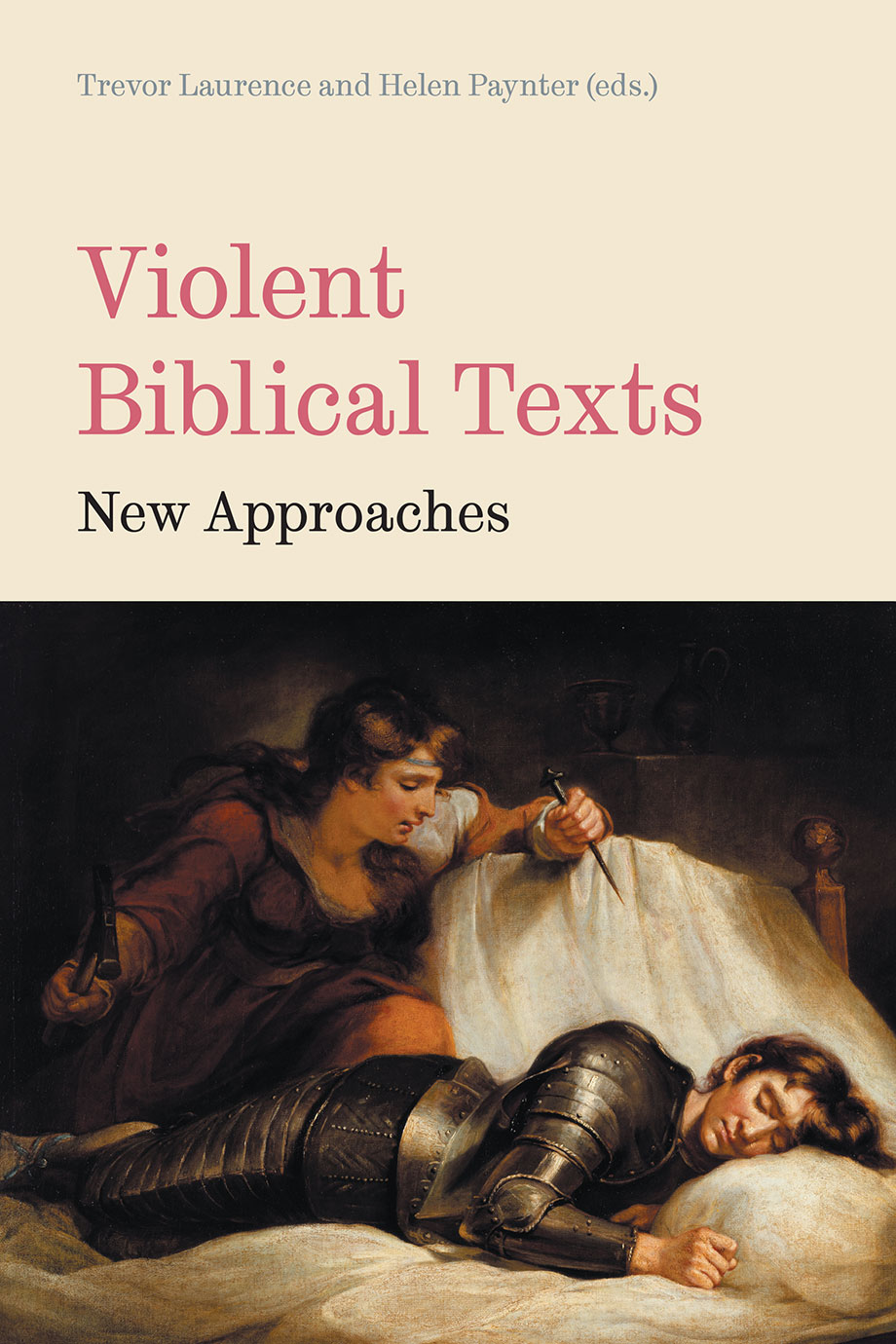Violent Biblical Texts: New Approaches
Published: Oct 2022
£70.00
This volume is one of the fruits of a series of international conferences held at the Centre for the Study of Bible and Violence, Bristol. The thirteen articles included here have been assembled for the specific purpose of offering explicitly religious perspectives on biblical violence from a globally diverse group of Christian scholars.
Each author faces the challenge of how to interpret violent biblical texts in ways that remain situated within a Christian construct of the Bible. These raise major challenges—via ethically confounding texts—to providing a theologically coherent interpretation of biblical violence. Each writer, in turn, offers creative and constructive ways forward in dealing with the most problematic biblical material, based on two criteria:
• addressing a particular text or hermeneutical issue in view;
• advancing an approach that is applicable to other biblical texts.
The hermeneutical approaches are neither naïve nor sceptical but rather seek to off er innovative and fruitful avenues for interpreting the text from within the Christian religion.
This book offers a variety of resources to aid the interpretation from within a specifically Christian frame of reference. Of particular note is the round-table discussion, where three leading scholars in the study of the Canaanite conquest (Paul Copan, David Firth and William Ford) dialogue with one another on the subject, in a conversation moderated by Helen Paynter.
Violent Biblical Texts: New Approaches
£70.00
This volume is one of the fruits of a series of international conferences held at the Centre for the Study of Bible and Violence, Bristol. The thirteen articles included here have been assembled for the specific purpose of offering explicitly religious perspectives on biblical violence from a globally diverse group of Christian scholars.
Each author faces the challenge of how to interpret violent biblical texts in ways that remain situated within a Christian construct of the Bible. These raise major challenges—via ethically confounding texts—to providing a theologically coherent interpretation of biblical violence. Each writer, in turn, offers creative and constructive ways forward in dealing with the most problematic biblical material, based on two criteria:
• addressing a particular text or hermeneutical issue in view;
• advancing an approach that is applicable to other biblical texts.
The hermeneutical approaches are neither naïve nor sceptical but rather seek to off er innovative and fruitful avenues for interpreting the text from within the Christian religion.
This book offers a variety of resources to aid the interpretation from within a specifically Christian frame of reference. Of particular note is the round-table discussion, where three leading scholars in the study of the Canaanite conquest (Paul Copan, David Firth and William Ford) dialogue with one another on the subject, in a conversation moderated by Helen Paynter.


